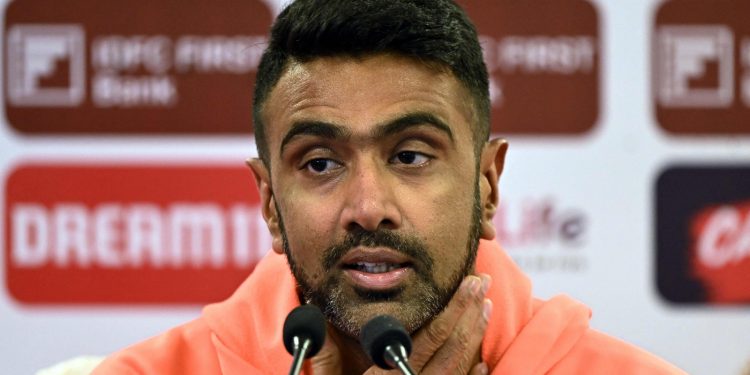Following India’s seven-wicket victory over the West Indies in the second Test, which gave the hosts a 2-0 series triumph, former Indian cricketer Ravichandran Ashwin offered an intriguing viewpoint on televised practice matches.
Ashwin admitted that seeing live broadcasts of practice matches bothered him.
In his remarks, he criticised the West Indies for not practicing before their series against India. The seasoned spinner clarified that the purpose of practice matches is to test out new tactics and conduct experiments. Indian cricket players, he noted, are constantly the subject of close scrutiny, and even small mistakes in a practice match can draw condemnation from both the media and spectators.
“As Indian cricket players, we are constantly scrutinised. Playing televised games instead of Tests is something I detest. Something new, like carrom ball, could go wrong if I try it. Where can I try? I have to embarrass myself in front of everyone if practice matches are televised. Judgement exists. Thus, we do not desire it. Virat Kohli may want to bat left-handed, try something different, or bat in a different way. If he is dismissed, there will be criticism, Ashwin stated on his YouTube channel, Ash ki Baat.
“Practice games are meant to let players experiment and try things out at their own speed. “It’s about taking a chance and experimenting,” the former cricket player turned YouTuber continued.
The Kent County Cricket Ground in Beckenham hosted an intra-squad match between India and India A during the team’s most recent Test tour to England. The BCCI had prohibited broadcasters and media from entering, and the game was not live-streamed. The battle would take place behind closed doors, with no media or television coverage allowed, officials had made clear in advance.
Likewise, before the first Test in 2024 in Perth, India played a practice match behind closed doors. Ashwin’s recent remarks regarding his dislike of televised practice matches contribute to the explanation of why these intra-squad contests are frequently held off-air, enabling players to freely try new things without fear of public criticism.







